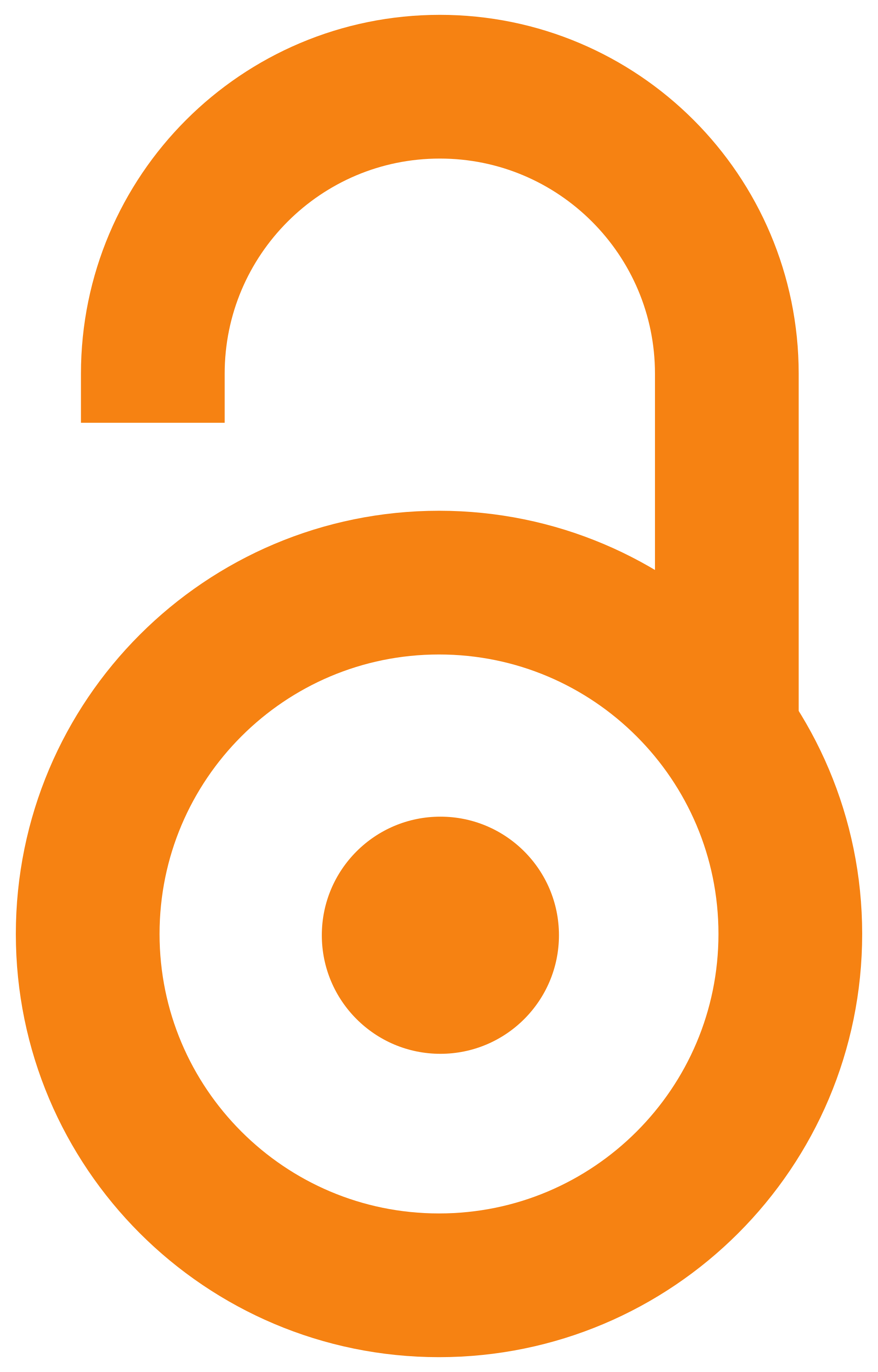Open Access 101, from SPARC from Karen Rustad on Vimeo.

What Is Open Access?
"Open access" is a term used to describe information which can be freely accessed by anyone, regardless of institutional affiliation, academic credentials, race, religion, national origin, sexual orientation, age, gender, disability, marital status, or any other classification.
Open access represents the democratization of information as a public good in the service of furthering human progress. The values espoused by the open access philosophy closely mirror Loyola’s mission, which speaks to the need for "knowledge in the service of humanity" and "learning and leadership in openhanded and generous ways to ensure freedom of inquiry, the pursuit of truth and care for others."
Why Choose Open Access?
Open access has the ability to open up new audiences for scholarly content, especially scholars at smaller institutions, community colleges, or in developing countries, who may have limited or no access to increasingly expensive academic journals and databases. Numerous studies have shown that open access articles are cited more frequently than those published in traditional subscription-only journals, which means that the fruits of the research process are more widely used and make a greater contribution to their discipline.
Open-access dissemination is also required for research that is publicly funded through government agencies such as the National Institute of Health.
Myths About Open Access
A number of myths about open access publishing and author "self-archiving" (posting copies of articles on personal web sites or in an academic archive such as eCommons) continue to pervade academia:
Open Access Publishing
The University Libraries strongly urge faculty to consider publishing in an open access journal (or choosing an open access publishing option from a traditional journal publisher) or repository, where all articles are freely available online. Publishing in an open-access context allows you to retain all copyright over your research and make your work available to the widest possible audience. The Directory of Open Access Journals is an excellent guide to open access journals and has advanced search and filtering to aid in determining the appropriate journal for your purposes.
Predatory Publishers
These are unscrupulous publishers who exploit scholars with low quality peer review and/or high publication fees (particularly that aren't stated up front). Always check with Directory of Open Access Journals or a librarian if you are unsure about an open access journal.
For more information about Open Access read Peter Suber's "Open Access Overview."
Video Credit: Defining Scholarly Communication, created/owned by the contributors and produced by Kathryn Pope and Vin Aliberto, Center for Digital Research and Scholarship, Columbia University Libraries/Information Services. CC-BY.

This guide is licensed under a Creative Commons Attribution 4.0 International License, except where indicated differently.